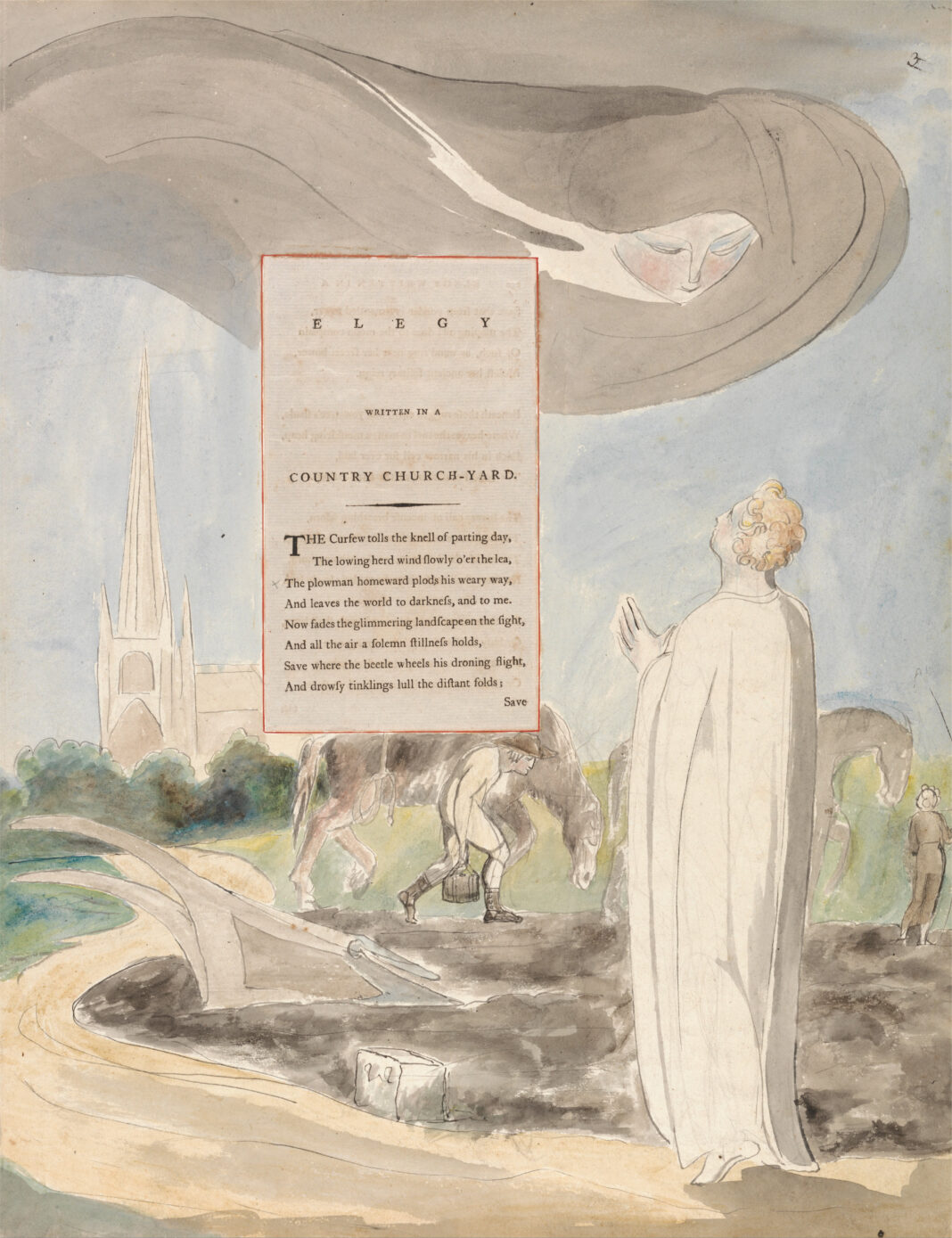The main distinction between an ode and an elegy is that an ode celebrates and glorifies a person or concept, while an elegy laments the loss of someone or something. An ode has a formal and intricate structure with reverential treatment of its subject, while an elegy is more personal, expressing emotions such as grief, sorrow, and lamentation.
Key Takeaways
- Odes glorify and praise their subjects, while elegies mourn and lament loss.
- Odes have a formal and elaborate structure, while elegies are more personal and emotional.
- Both odes and elegies can be found in various forms and styles, reflecting the individual poet’s preferences and intentions.
What is an Ode?
An ode is a type of lyrical stanza that praises or glorifies people, nature, or abstract ideas with a respectful treatment of its subject. The structure of an ode can vary, with classical odes consisting of three main sections: strophe, antistrophe, and epode. Other forms of odes include homostrophic and irregular odes. Initially, Greek odes were poetic pieces performed with music, but they later became known as personal lyrical compositions. Odes can be divided into three main categories: Pindaric, Horatian, and Irregular.
What is an Elegy?
An elegy is a type of lyric that typically expresses grief, woe, and despair. It often laments the dead or lost love, misery, failure, or the past. In most elegies, the poet begins with personal bereavement and gradually moves on to the futility of life and human suffering. Elegies typically have three sections: a lamentation of loss, praise for the subject, and a conclusion offering consolation to the listener.
What is the Difference Between Ode and Elegy?
The primary difference between an ode and an elegy is that an ode praises or glorifies someone or something, while an elegy mourns the loss of someone or something. An ode has a formal and elaborate style with little personal involvement, whereas an elegy contains a lamentation over the loss of someone or something, followed by a conclusion offering consolation to the listener.
Summary – Ode vs Elegy
An ode is a lyrical poem that praises and glorifies its subject, with a formal and elaborate structure and reverential treatment of the subject. Odes can be sung or recited with or without music. An elegy is a poem that laments the death or loss of someone or something, expressing emotions such as sorrow, misery, grief, and woe. It is more personal in nature, often beginning with a personal loss before moving on to the futility of life, praising the subject, and concluding with consolation for the reader. This is the key difference between an ode and an elegy.
